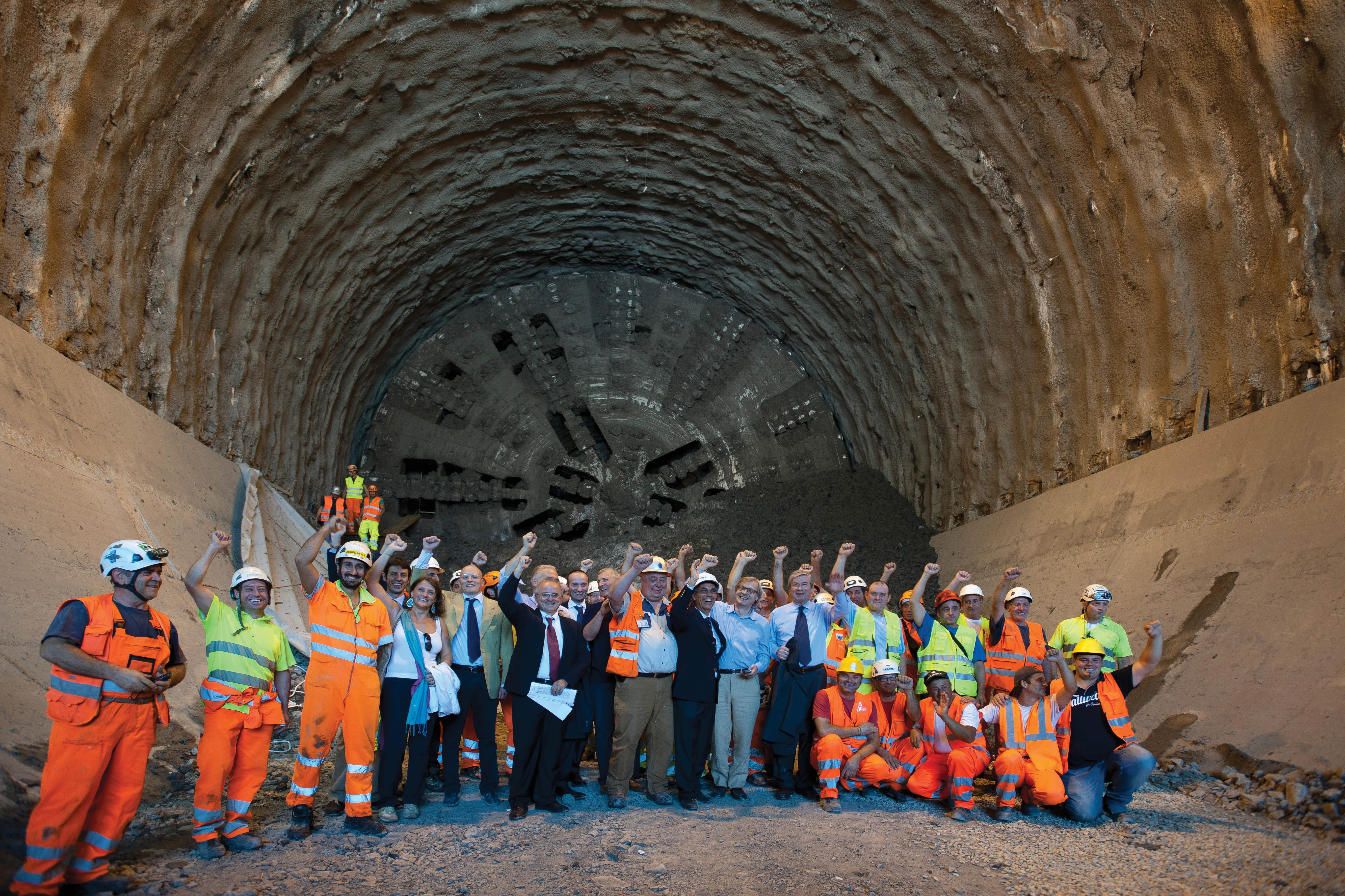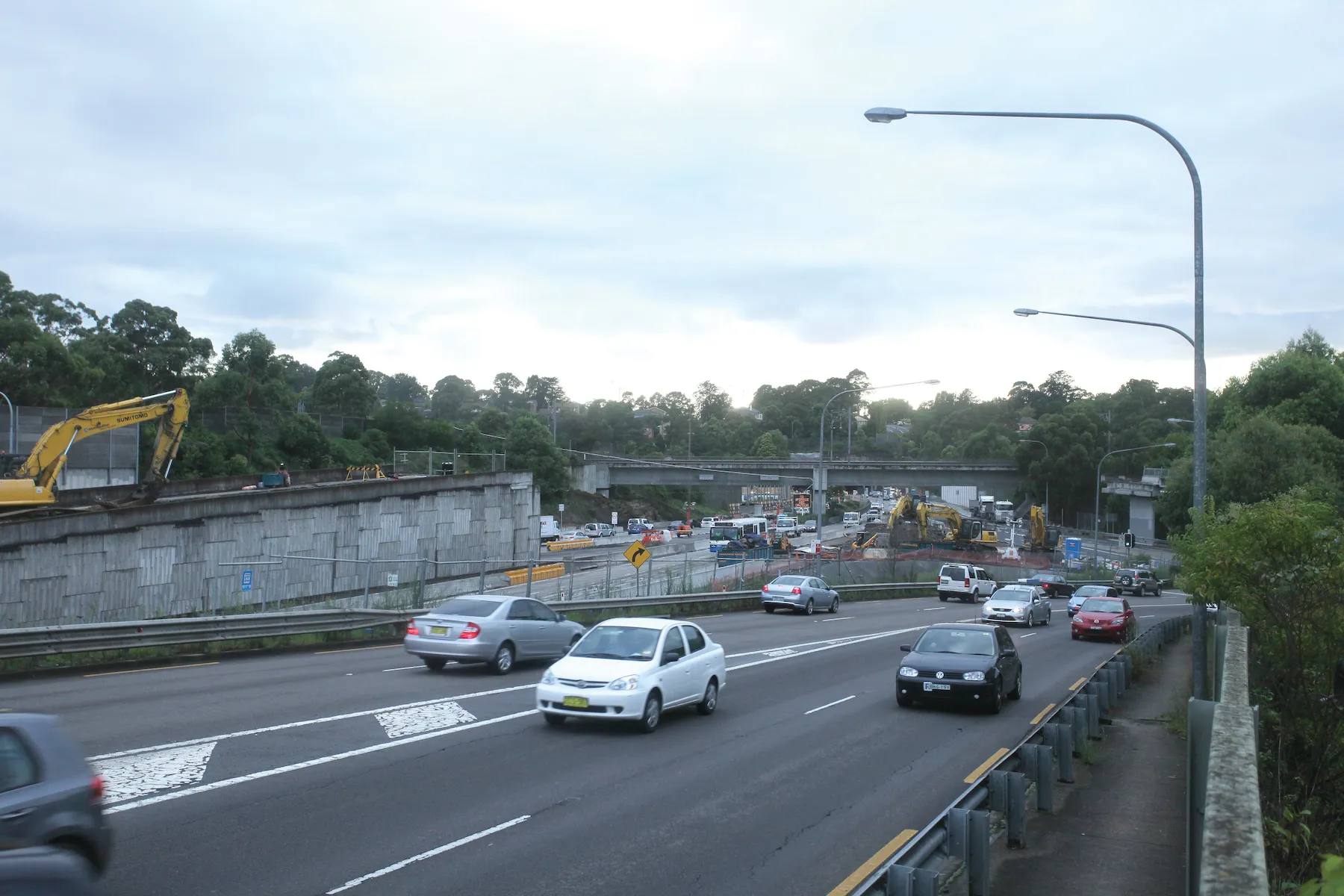TransCore has been selected by the city of San Jose - the capital of Silicon Valley - in California to implement adaptive traffic control technology at approximately 50 intersections in seven areas of the city. Each of the junctions is challenged with varying traffic congestion resulting from commutes to freeway interchanges, travel to regional shopping malls, and trips to local business and commercial districts.
May 4, 2012
Read time: 2 mins
The adaptive traffic control system known as SCATS (Sydney Coordinated Adaptive Traffic System), operates in real-time and provides immediate and historical traffic information. TransCore has previously installed SCATS in nearby Menlo Park, adjacent to Stanford University in Palo Alto, Sunnyvale, Santa Rosa in Sonoma Valley, and will be deploying the system for another 37 intersections in the San Francisco Bay Area City of Hayward.
By deploying a dynamic traffic management system in the areas most prone to saturated traffic flow; the San Jose’ goal is to reduce vehicle emissions, fuel consumption, travel times, and stops. “An adaptive system capable of providing instantaneous analysis of traffic flow by adjusting signal timing on the spot, in real-time, is an enormous advantage to managing congestion,” said Michael Mauritz, managing director of TransCore’s Western Region. “What makes SCATS appealing is each corridor can be configured differently, providing the best adaptive operation for that corridor.”









